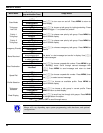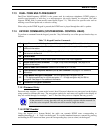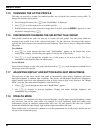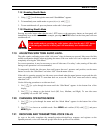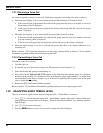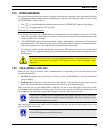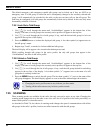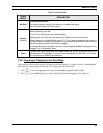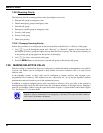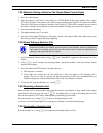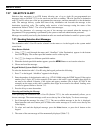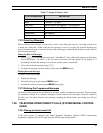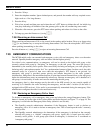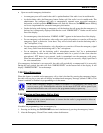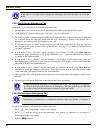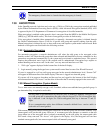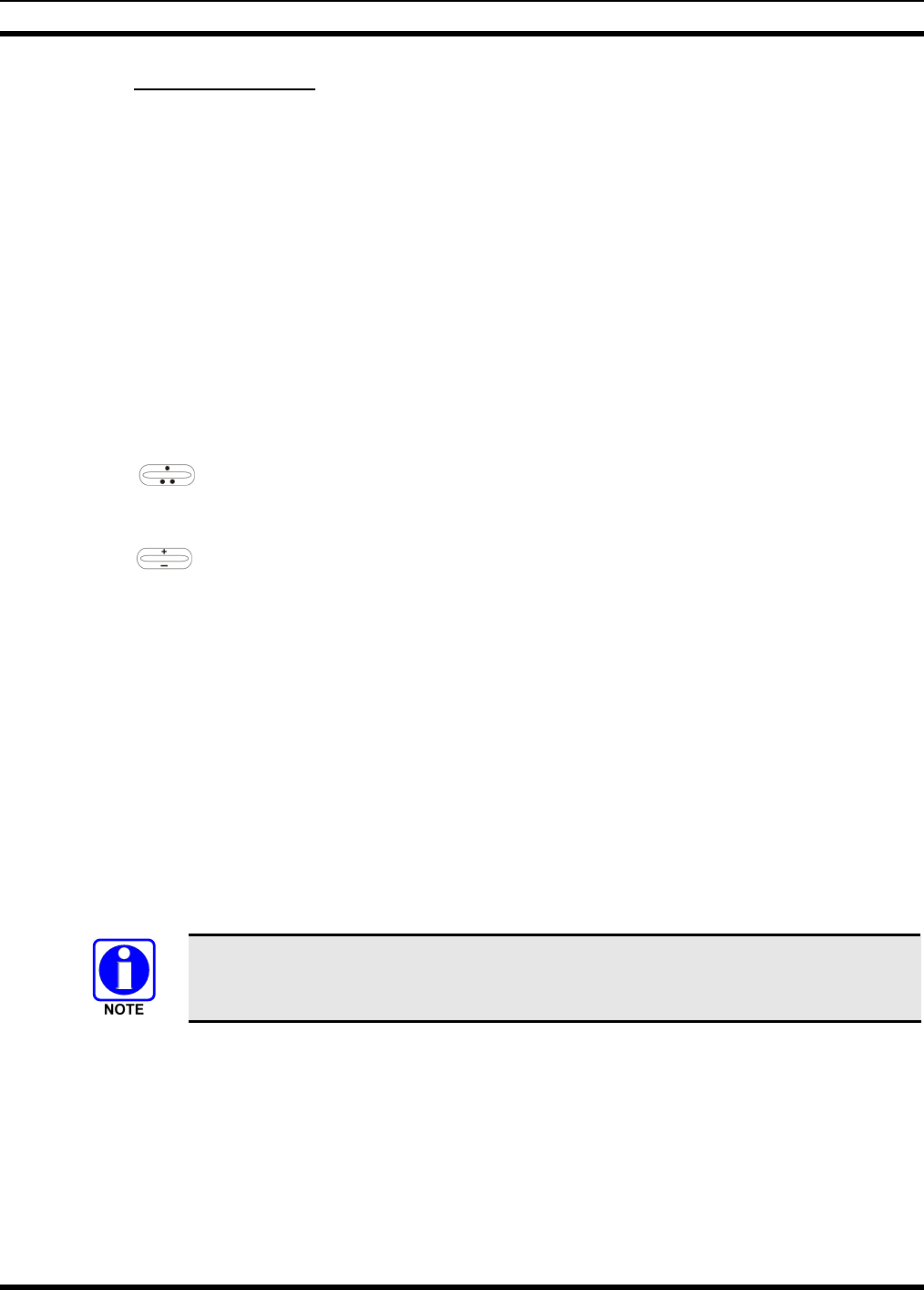
MM-014716-001
34
7.25.2 Scanning Priority
The following lists the scanning priority order (from highest to lowest):
1. Selected talk group in emergency state.
2. Default emergency group in emergency state.
3. Selected talk group.
4. Emergency capable group in emergency state
5. Priority 1 talk group.
6. Priority 2 talk group.
7. Other (non-priority)
7.25.2.1 Changing Scanning Priority
Follow this p
rocedure to set talk groups in the current profile as the Priority 1 or Priority 2 talk group:
1. Use
to scroll through the menu until “Priority1” or “Priority2” appears in the bottom line of
the display (Priority1 group has higher priority than the Priorty2 group. The talk group currently set
as the priority talk group appears in the top line of the display.
2. Use
to select a new priority talk group.
3. Press the MENU button to set the newly selected talk group as the priority talk group.
7.26 MAKING SELECTIVE CALLS
Selective calling is a feature that allows two radio units to obtain and utilize an independent voice path for
a private call. Radios can be configured to both initiate and receive selective calls or to only receive
selective calls.
In the OpenSky system, a source radio can be configured to initiate selective calls through a pre-
programmed list in memory. This method uses the “speed dial list” set up by the OpenSky network
administrator and provisioned as part of the registration process.
In addition, a properly equipped source radio can initiate a selective call to any radio in the system by
entering the ten-digit voice user ID (which looks like a telephone number) of the target device. Entering a
selective call number without using the speed dial feature requires a system model control head (Figure
7-1). See Section 7.13 for more detail.
Selective calls are terminated if an emergency is declared. The network limits selective
calls to ten (10) minutes maximum.



